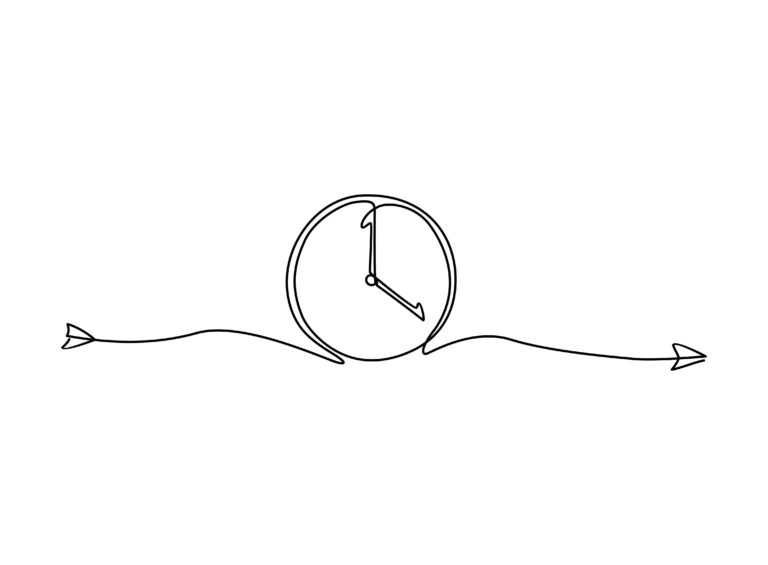### Managing Behavioral Symptoms in Late-Stage Dementia
Caring for someone with late-stage dementia can be a challenging and emotional journey. As the condition progresses, people with dementia may exhibit behaviors that are difficult to manage, such as restlessness, agitation, and confusion. However, with the right strategies and a supportive environment, you can help reduce these symptoms and improve the quality of life for both the person with dementia and their caregivers.
#### Understanding the Causes of Behavioral Symptoms
Behavioral symptoms in late-stage dementia often occur because the person has a need that isn’t being met, such as thirst, hunger, or pain. They may also misunderstand something and feel threatened, or they might be frustrated or bored. It’s essential to identify these underlying needs and address them promptly.
#### Creating a Structured Routine
A structured daily routine provides a sense of stability and predictability, which can significantly reduce anxiety and confusion. Here’s how you can create a routine:
– **Morning Hygiene:** Help with essential personal care tasks like brushing teeth, washing face, and getting dressed. Break down tasks into simple, manageable steps to maintain independence.
– **Meals and Nutrition:** Create a simple and calming mealtime environment. Serve one food at a time if necessary, and ensure meals are nutritious and easy to eat. Consider offering finger foods when swallowing becomes difficult.
– **Physical Activity:** Include light physical activity, such as walking, stretching, or simple yoga. This helps maintain mobility, boosts mood, and improves sleep.
– **Adapt to Energy Levels:** Adjust the routine based on the person’s energy levels. The morning might be their best time, while afternoons may require more breaks or lighter activities.
#### Reducing Stressors
A cluttered, noisy, and bright environment can exacerbate stress and agitation. Here are some tips to reduce these stressors:
– **Reduce Clutter:** Keep the living space organized and clutter-free.
– **Minimize Noise:** Avoid loud noises and create a peaceful atmosphere.
– **Dim Lighting:** Use soft lighting to reduce glare and discomfort.
– **Soothing Music:** Play soothing music or songs that the person is familiar with to evoke positive memories.
#### Using Sensory Interventions
Sensory interventions can be very effective in calming a restless person with dementia. Here are some strategies:
– **Sensory Stimulation:** Use activities like hand massage, aromatherapy, or familiar repetitive actions such as folding clothes or sorting buttons.
– **Animal-Assisted Therapy:** Interact with animals, which can provide comfort and relaxation.
– **Doll or Toy Therapy:** Engage the person in activities with dolls or toys to stimulate their imagination.
– **Arts Therapy:** Encourage activities like drawing, painting, singing, or dancing to express emotions.
– **Light Therapy:** Use a light box for a set amount of time each day to regulate the circadian clock.
#### Encouraging Participation
Encourage the person to participate in activities that they enjoy, such as gardening or watering flowers. These activities can be therapeutic and grounding, helping to reduce restlessness and agitation.
#### Designing a Relaxing Environment
Create an environment that promotes relaxation. This can include:
– **Gentle Vibrations:** Use gentle vibrations from a vibrating chair or pillow.
– **Soft Music:** Play soft music that the person is familiar with.
– **Proper Lighting:** Use soft lighting to create a calm atmosphere.
– **Tactile Objects:** Provide tactile objects like water beads or soft toys.
#### Addressing Unmet Needs
Ensure that the person’s basic needs are met promptly. This includes checking for signs of pain or discomfort, which are often linked to aggressive behavior. Common signs include changes in facial expressions, body language, or sudden outbursts.
#### Seeking Support
Caring for someone with late-stage dementia can be overwhelming. Don’t hesitate to seek support from family, friends, or caregiver communities. Joining a support





